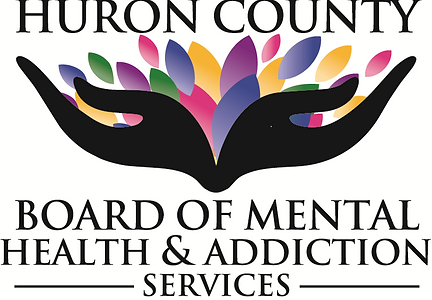
Problems become opportunities when the right people join together to create solutions. 70% of people diagnosed with depression are in the workforce and mental illness has cost the economy over $20B in lost productivity annually. Better mental health support programs can save American businesses upward of $10B a year. Mental health issues in the workplace are much more prevalent, and more serious than you might think. Mental health issues are one of the top causes of worker disability in this country, and recent research showed 62% of employees felt mentally unwell at some time in the past year. Even more startling: among those diagnosed with a mental health issue, 42% have come to work with suicidal feelings. Currently in Huron County, due to multiple external factors, we are experiencing increased overdose rates, increased rates of suicide related instances, increased rate of alcohol use, and increased prevalence of depression and anxiety.

Mental health and substance use has a huge impact on the workplace. We have seen increased absenteeism, higher turnover rates, theft, loss in productivity, financial loss, and workplace accidents. 1 in 5 adults will experience a diagnosable mental illness in any given year. Of the 1 in 5 adults, more than half of those individuals will go untreated.
So this begs the question – what are we doing about it?
Recovery Friendly Workplaces (RFWs) support their communities by recognizing recovery from substance use disorder as a strength and by being willing to work intentionally with people in recovery. RFWs encourage a healthy and safe environment where employers, employees, and communities can collaborate to create positive change and eliminate barriers for those impacted by addiction.
Benefits of a Recovery Friendly Workplace include money saved through reduced absenteeism, healthier work environment, increased productivity, lower healthcare costs, and greater workplace safety.



The good news is… it’s FREE! Firelands Forward and the Norwalk Economic Development Corporation are working with MHAS on this initiative. We are excited to share more updates as this plan unfolds.
Have questions for the Mental Health and Addiction Services of Huron County? Contact Ashley Morrow.
